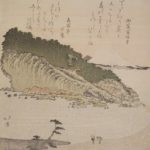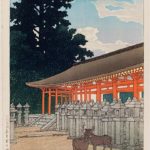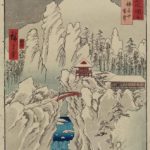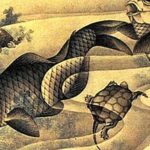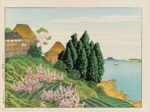Japanese Haiku and Tanka. The differences of their rule, poets, history...
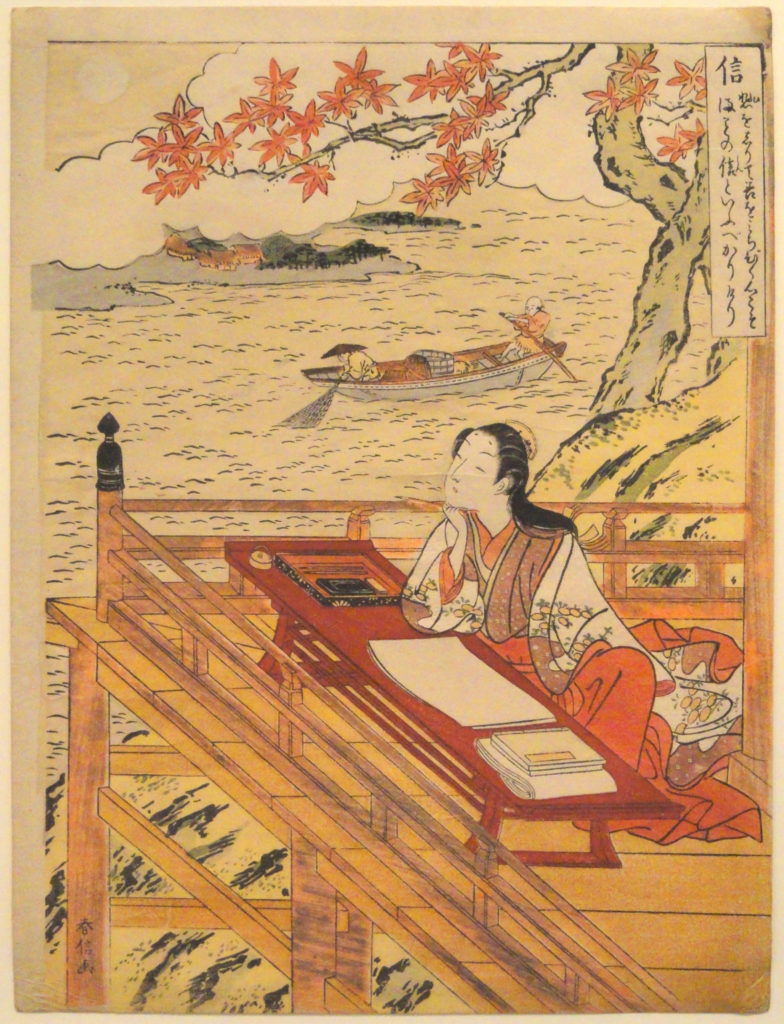
Haiku and tanka are the representative Japanese poetry. Both are a fixed form of poem with a small number of characters. But there are many differences between them, and if you know it, it will help you to compose or appreciate the poems.
Haiku and Tanka
The first difference between haiku and tanka is syllable. Haiku is composed of three phrases 5-7-5 and tanka is of five phrases 5-7-5-7-7. In tanka, 5-7-5 is called “Kamino-ku” (upper phrase) and 7-7 is called “Shimono-ku” (lower phrase).
Secondly, haiku must contain seasonal words “Kigo”, and the image and emotion of each seasonal word affect the entire poem. On the other hand, the world of tanka doesn’t have the concept of seasonal words.
Related Posts
Tanka is characterized by a lot of poems with the theme of love. The nobility of the Heian period conveyed their loves with tanka poems to loved ones. Since haiku was established as poetry based on the mind of “Wabi” which is the aesthetic sense of the acceptance of transience, haiku poems about love are not so many.
Related Posts
Haiku is like a grandson of tanka because it is derived from “Renga (連歌)” which is created by connecting tanka poems with multiple people. Matsuo Basho (1644-1694) established haiku as a form of literary art. But the word “haiku (俳句)” was created after the Meiji period. Until then, it was called “haikai (俳諧)”.
The history of tanka is much older than that, and it has existed as a fixed form of verse for over 1,300 years ago. Unlike haiku that was born in the lives of the common people, tanka was a part of the culture of high-ranking people, such as royalty and nobility. There are many collections of poems of tanka compiled by orders of the emperor, nobility and shoguns.
Finally, I will introduce a famous poet of haiku, and tanka.
Famous haiku poets
- Matsuo Basho⇒Basho’s poems
- Yosa Buson⇒Buson’s poems
- Kobayashi Issa⇒Issa’s poems
- Masaoka Shiki⇒Shiki’s poems
- Takahama Kyoshi ⇒Kyoshi’s poems
- Kawahigashi Hekigoto⇒Hekigoto’s poems
- Nakamura Kusatao
- Ishida Hakyo
- Taneda Santoka
- Yamaguchi Seishi
- Natsume Soseki
Famous tanka poets
- Kakinomoto no Hitomaro
- Yamabe no Akahito
- Ki no Tsurayuki
- Ki no Tomonori
- Mibu no Tadamine
- Ise
- Nakatsukasa
- Murasaki Shikibu
- Ono no Komachi
- Sei Shonagon
- Ise
- Ishikawa Takuboku
- Saito Mokichi
- Yosa no Akiko
- Tawara Machi

